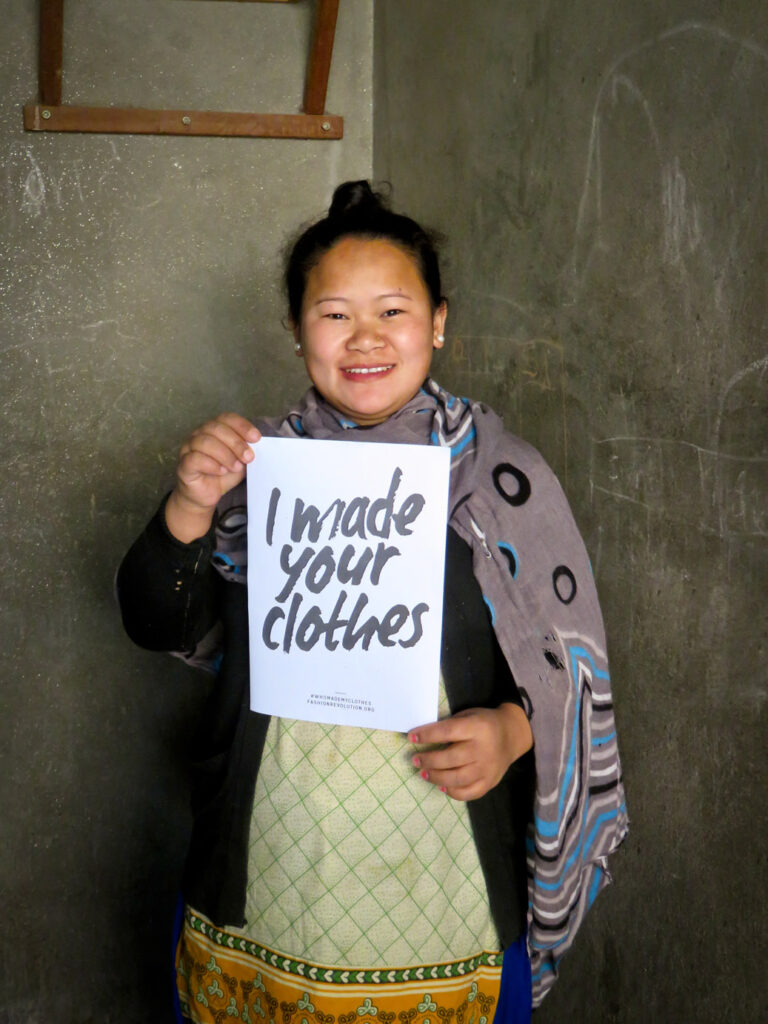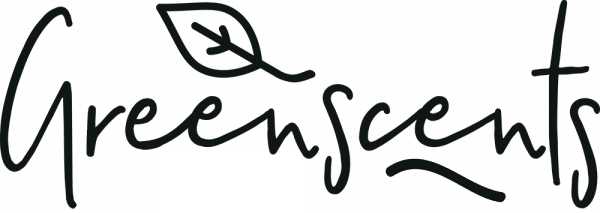
We talk to Gabriella Rose May, Head of Ecommerce at People Tree
Can you tell us a bit about your company?
The company started in 1991, what may surprise many people is that it started in Tokyo, Japan. Founded by award-winning social entrepreneur Safia Minney who has been campaigning for fairer working conditions within the fashion industry ever since.
Every product is made to the highest ethical and environmental standards from start to finish. Collections feature organic cotton, TENCEL™ Lyocell and responsible wool, and crafted using traditional artisan skills such as hand weaving, hand knitting, hand embroidery and hand block printing.
We launched our first fashion range to meet the Global Organic Textile Standard certified by the Soil Association and were the first fashion company to be awarded the World Fair Trade Organisation product label. These certifications guarantee People Tree’s dedication and compliance to the principles of fair trade, covering fair wages, good working conditions, transparency, environmental best practice and gender equality.
How and why was People Tree set up?
The company was set up in response to the fast fashion industry’s approach to production, treatment of workers and the devastating environmental impact it was having at a global scale. People Tree is Fair Trade certified which means we actively support farmers, producers and artisans through 14 producer groups, in 6 countries. It is a partnership between producers and traders, which aims at sustainable and environmental development for excluded and economically disadvantaged people in developing countries.
Why should people choose organic fabrics?
Firstly it is much kinder on your skin! Organic cotton is great for those with sensitive skin, eczema or those who just prefer a more breathable and soft touch.
The main reason we choose to use GOTS certified Organic cotton is we can guarantee is has been produced without harmful synthetic chemicals or additives. It has also been grown using methods and materials that have a low impact on the environment. The production of organic cotton has been built to replenish and maintain soil fertility, reduce the use of toxic and persistent pesticides and fertilisers, and build biologically diverse agriculture.

Why do you believe it is important for textiles to be certified organic?
It’s really important to us as a brand to be certified organic. From a granular level we can ensure transparency and traceability of our supply chain by making sure the whole process is organic certified, from harvesting of the raw materials, through to the environmentally and socially responsible manufacturing up to labelling. This creates trust and loyalty from our customers and reassures them that what they are purchasing has been regulated.
There are currently more ‘organic’ products being sold than it is possible to farm – this shows that many brands are claiming organic status without a certification such as GOTS. However at People Tree our customers can be confident in knowing that at all stages of the processing of organic fibre that all chemical inputs (e.g. dyes, auxiliaries and process chemicals) must be evaluated and meet the basic requirements on toxicity and biodegradability/ eliminability. Bleaches must be based on oxygen (no chlorine bleaching) and Azo dyes that release carcinogenic amine compounds are prohibited.
Can you tell us about your fair trade status and the people who make your clothes?
We are a Guaranteed Status member of The World Fair Trade Organization, as well as being a licensee for the Fairtrade foundation. Each are slightly different, please see below what each represents.
WFTO certification: WFTO is the home of fair traders: producers, marketers, exporters, importers, wholesalers and retailers. We have a commitment to apply the 10 WFTO Principles of Fair Trade(please see below for breakdown). The WFTO certification provides a space for people to connect and work together, exchange best practices, forge synergies and speak out for Fair Trade – all working towards a sustainable and fair global economy.

Fair Trade: FLO is a non-profit organization focusing on the empowerment of farmers and workers in developing countries through trade. As Fairtrade has grown, FLO have developed new ways to connect farmers to business to increase their Fairtrade sales, bring more Fairtrade benefits to them and give people more ways to support Fairtrade farmers.
We have a commitment to our producer partners and making their stories more visible. To find out more about each group we work with please head here: https://www.peopletree.co.uk/about-us/who-makes-our-products

Do you have any plans for Fashion Revolution Week this month?
Yes we do, it tends to be our busiest week! We will be live on twitter and instagram for the kick off on the 22nd answering any questions on ‘who made my clothes’ – all you need to do is tag us and #whomademyclothes and we will get back to you ASAP.
Also our head of buying will be talking at Pebble festival on the subject of ‘Why aren’t we all buying ethical fashion?’ 13.30 – 14.15 at Saturday April 27th at Flat Iron Square, London.
Do you think it’s important that people who buy organic clothes, choose certified organic laundry products?
Yes absolutely, aftercare is very important when buying organic or handwoven products. Organic aftercare products are gentle on the fabric also to retain the organic status of your clothing, you need to wash with organic products!


